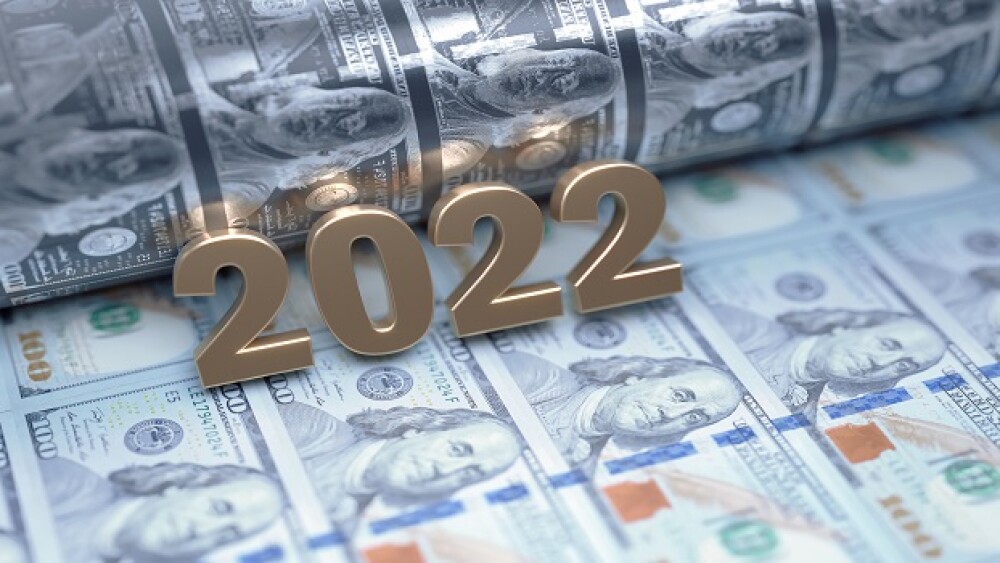In the second half of the calendar year, the biopharma industry continues to ascend in mergers and acquisitions, new drug approvals and big investments, indicate market confidence and growth.
In the second half of the calendar year, the biopharma industry continues to ascend in mergers and acquisitions, new drug approvals and big investments, signaling a boom and suggesting market confidence and growth.
According to reports in the Wall Street Journal and PwC, SPDR, S&P Biotech EGF, a fund of biotech stocks, is up 41.4% presently, compared to its low for the year on May 11. Another fund, iShares Biotechnology ETF jumped 21.8% from its low on June 16.
However, the S&P Biotechnology Select Industry Index remains down 20.6% in 2022, with the sector generally underperforming in all S&P 500 sectors, except communication services.
The Federal Reserve’s interest rate adjustment, in an attempt to prevent a recession, initially appeared to make investors edgy, but now the market seems to have leveled off. More volatile stocks, including the biotech sector, are beneficiaries of increased confidence in the market.
Drug Approvals
Friday, the FDA approved Axsome Therapeutics’ Auvelity for major depressive disorder in adults. It’s the first NMDA receptor antagonist approved for the condition.
Bluebird bio won FDA approval for its gene therapy for beta-thalassemia this week. Beti-cel (betibeglogene autotemcel), brand name Zynteglo, is the first time the FDA approved a gene therapy with a lentiviral vector. The drug, priced tentatively at $2.8 million, would make it the most expensive drug on the market in the sector.
Mergers and Acquisitions
Genentech made a global license deal with Chinese company Jemincare, paying $60 million for JMKX002992, an androgen receptor degrader for prostate cancer.
Atomwise entered a strategic R&D pact with Sanofi to identify and develop to five drug targets. Sanofi will pay Atomwise $20 million, but the number could exceed $1 billion. Atomwise is eligible for tiered royalties on any products that come out of the deal.
Earlier in August, Sanofi signed a collaboration deal with Innovent Biologics to bring drugs to China for difficult-to-treat cancers. It focuses on two of Sanofi’s cancer assets, tusamitamab ravtansine, an antibody-drug conjugate, and SAR444245, a non-alpha IL-2 which will be evaluated with sintilimab, a leading checkpoint inhibitor in China. Sanofi is eligible for about $81.50 million in milestones, and royalties on tusamitinib, Innovent is up for about $61.12 million in milestones on SAR444245. Sanofi also acquired about $305.61 million of Innovent shares as part of the deal.
Pfizer acquired Global Blood Therapeutics for $5.4 billion. GBT focuses on hematology products, with Oxbryta (voxelotor) for sickle-cell disease first approved in 2019.
Venture Capital
Venture capital deal values in U.S.-based biotechs dropped 46% in the first quarter compared to the same period in 2021, according to GlobalData.
One analyst suggested 2021 inflation may have played a role in first-half 2022 lackluster performance.
“While a large number of early-stage biotechs went public with inflated stock prices in 2021, Q1 2022 entered a bear market with stock prices plummeting and many biotechs trading below value as a result,” said Mariam Shwea, Business Fundamentals Analyst at GlobalData.“Venture capital firms are now more selective in their biotech investments for 2022 compared to 2021.”
Still, many analysts remain optimistic for the rest of the year.
“M&A is finally picking up, and FDA signals have been positive lately, all arrows have pointed in the right direction,” said Brand Loncar, a healthcare investor at Loncar Investments to the WSJ. “For most of the past year-and-a-half, I woke up each morning expecting bad news. Now I expect good news.”





